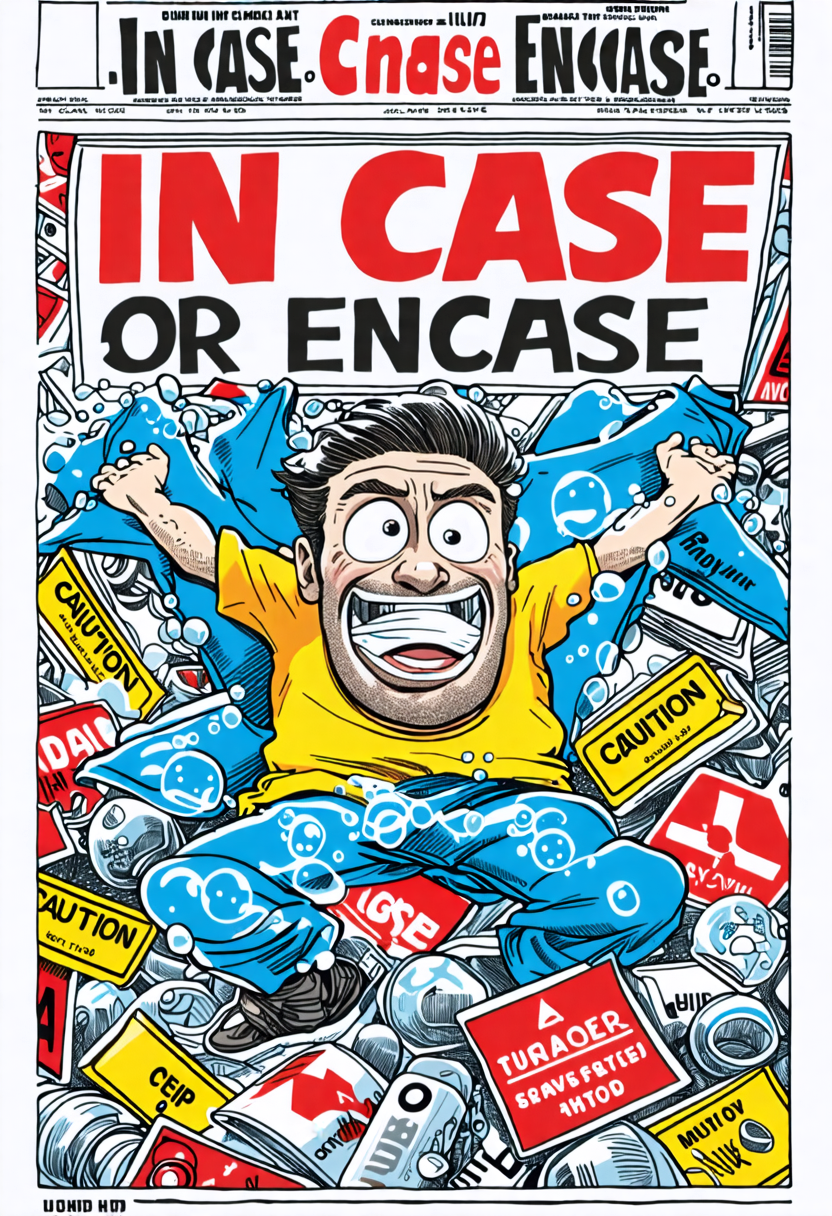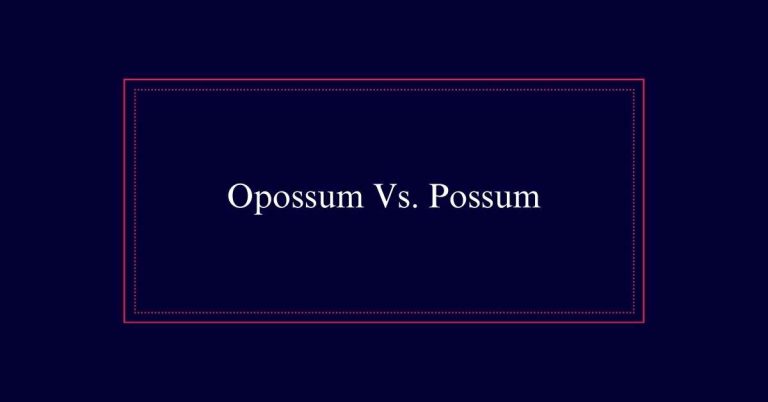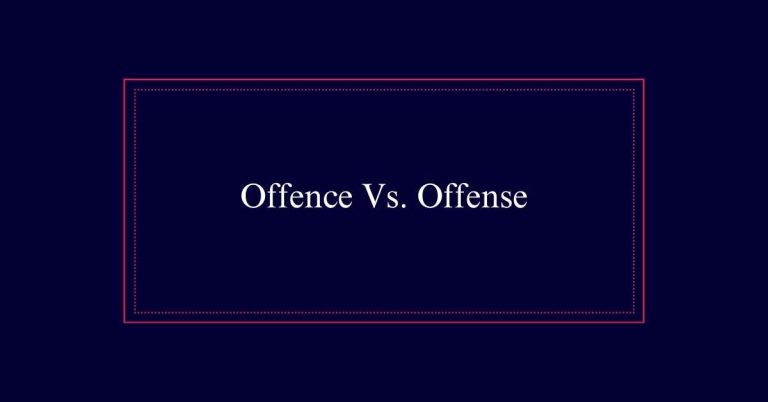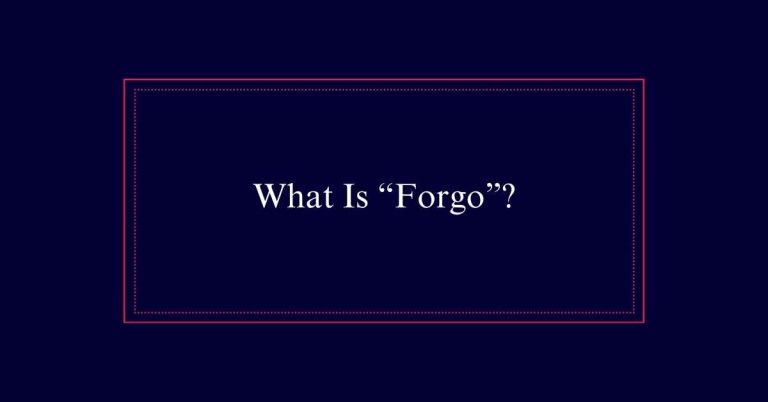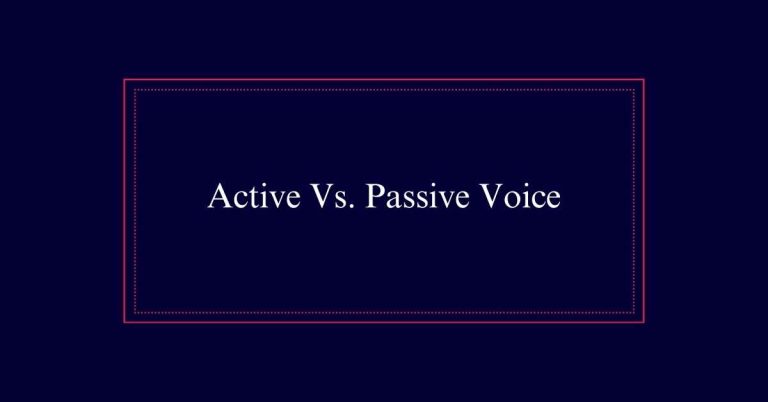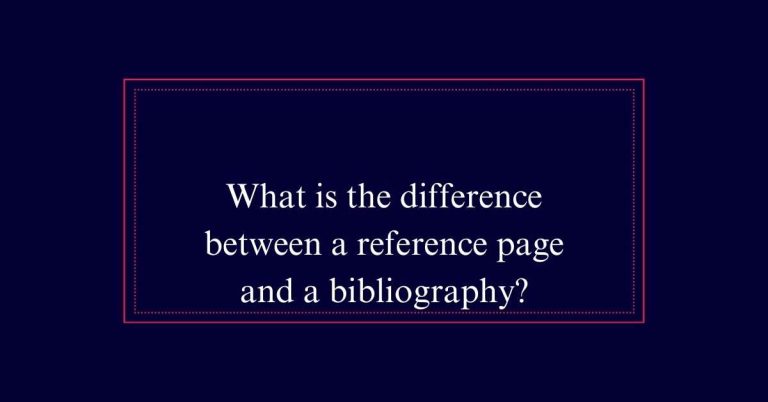In case or Encase?
“In case” and “encase” serve different functions in English. “In case” is a phrase that indicates preparedness for an unforeseen event, such as “Carry an umbrella in case it rains.” On the other hand, “encase” is a verb meaning to enclose or surround something for protection, like “The artifact was encased in glass.” The terms are not interchangeable, with “in case” focusing on taking precautions and “encase” relating to physical covering.
Definition of ‘In Case’
In case is a phrase used to express preparedness for a potential future event. It signifies taking precautions or making arrangements to address unforeseen circumstances.
For example, bringing an umbrella in case it rains guarantees you stay dry. Writing down a phone number in case you have questions later helps you get answers. Keeping extra items, such as an additional book copy, prevents inconvenience if you forget the original.
The use of ‘in case’ involves anticipating possible scenarios and acting to mitigate any negative impacts. This phrase is crucial in both personal and professional contexts to guarantee readiness and adaptability.
Definition of ‘Encase’
The verb ‘encase’ refers to the act of enclosing or surrounding an object within a case or cover. It involves putting something inside a protective or restrictive layer. The word ‘encase’ is often used in contexts that require safeguarding or containment.
For example, fragile items may be encased in bubble wrap for shipping. Similarly, a chrysalis is encased in its caterpillar body during metamorphosis. The prefix ‘en-‘ signifies being within or inside. This term is essential for proper usage in writing and communication.
‘Encase’ is primarily used to describe physical actions and objects, emphasizing protection or concealment. Understanding this distinction is vital for proper usage in writing and communication.
Examples of ‘In Case’
Many people take precautionary measures by preparing for potential future events. The phrase “in case” is often used to describe such actions. Here are some practical examples of how “in case” is used:
| Scenario | Example |
|---|---|
| Severe weather | Buying extra groceries in case of a snowstorm. |
| Unpredictable schedules | Hiring a dog walker in case of being late. |
| Communication needs | Writing down a contact number in case of questions. |
| Weather preparedness | Keeping an umbrella in the car in case of rain. |
| Forgetfulness | Bringing an extra book copy in case one is forgotten. |
These examples illustrate common situations where individuals take steps to anticipate and mitigate potential issues they might encounter.
Examples of ‘Encase’
Encasing objects often involves covering or sealing them for protection or containment. For example, wrapping gifts in old newspapers and ribbons can be a sustainable way to encase presents.
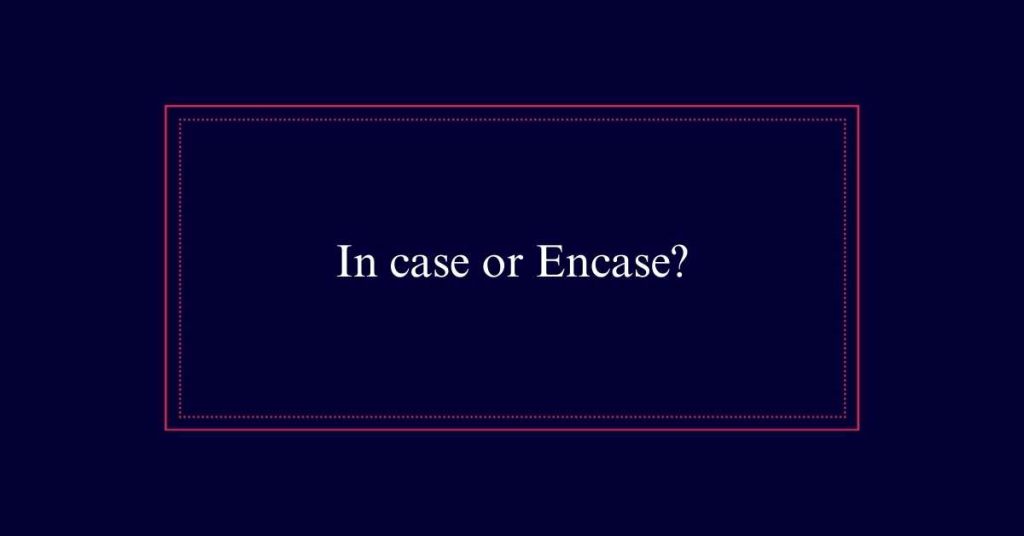
In nature, a chrysalis is encased within its caterpillar body before transforming into a butterfly. In industrial settings, nuclear waste is often encased in concrete to prevent leaks. Bananas are naturally encased in a protective peel, safeguarding the fruit inside.
Additionally, when moving, mattresses are frequently encased in plastic seals to keep them clean. Each of these examples illustrates the diverse contexts in which encasing is essential for protecting, preserving, or transforming objects.
Usage of ‘In Case’
While encasing involves covering objects for protection, using ‘in case’ pertains to taking preventive measures for future scenarios.
‘In case’ is used to express preparedness for unforeseen events. For example, keeping an umbrella in the car in case it rains or writing down a phone number in case you have questions later. It signifies anticipation and readiness.
Hiring a dog walker in case you don’t get home on time is another instance. This phrase highlights the importance of planning ahead to avoid potential inconveniences. It is about being proactive and mitigating risks before they arise.
Therefore, ‘in case’ is a valuable tool in everyday language for addressing uncertainties.
Usage of ‘Encase’
‘Encase’ refers to the act of covering or enclosing an object for protection or containment. This term is often used when discussing ways to shield or secure something.
For example, gifts can be encased in decorative wrapping paper to make them presentable. In the natural world, a caterpillar encases itself in a chrysalis during its transformation into a butterfly. In industrial settings, hazardous materials like nuclear waste are encased in concrete to prevent contamination.
Everyday items, such as bananas, are naturally encased in peels to protect the fruit inside. Additionally, mattresses are often encased in plastic covers during moves to keep them clean and damage-free. This term emphasizes the physical act of safeguarding an item by surrounding it.
Common Mistakes
One common mistake is confusing ‘in case’ with ‘encase’ due to their similar spelling and pronunciation. This confusion can lead to incorrect usage in writing.
‘In case’ should be used when referring to precautionary actions for possible future events, such as ‘Take an umbrella in case it rains.’ On the other hand, ‘encase’ means to cover or enclose something, as in ‘The jewelry was encased in a glass display.’
Mixing these terms can muddle the intended meaning and reduce clarity. For example, saying ‘I will encase an umbrella’ instead of ‘I will take an umbrella in case it rains’ is incorrect and confusing. Understanding the distinct meanings of these terms is essential for proper usage.
Prefix ‘En-‘ Explained
Understanding the distinct meanings of ‘in case’ and ‘encase’ requires a closer look at the prefix ‘en-‘. The prefix ‘en-‘ often means ‘within’ or ‘inside’. This prefix transforms verbs to mean enclosing or surrounding something.
For example, ‘encase’ means to cover or enclose something in a case or container. It implies an act of protection or containment.
In contrast, ‘in case’ refers to taking precautionary measures for potential future events. It does not involve the physical act of enclosing but rather preparing for possible scenarios.
Understanding this distinction is important for using these terms correctly in different contexts. The prefix ‘en-‘ plays an important role in shaping the meaning of words like ‘encase’.
Tips for Correct Usage
To guarantee proper usage, remember that ‘in case’ is used for precautionary measures, while ‘encase’ refers to enclosing or covering something.
Here are some tips to help you use these terms correctly:
- In case: Use this phrase to indicate something done as a precaution. For example, ‘Bring an umbrella in case it rains.’
- Encase: This verb describes the act of enclosing something. For example, ‘The ring was encased in a velvet box.’
- Context matters: ‘In case’ is often used in scenarios involving potential future events, whereas ‘encase’ describes physical containment.
- Visual cues: If you are talking about covering or protecting something physically, ‘encase’ is the correct choice.
Quick Reference Guide
‘In case’ is a phrase used for precautionary measures. For example, ‘Keep an umbrella in the car in case of rain.’ It indicates actions taken to prepare for potential future events.
‘Encase’ is a verb meaning to enclose or cover something. For instance, ‘Encasing a mattress in plastic before moving protects it from dirt.’ It involves surrounding an object for protection or containment.
